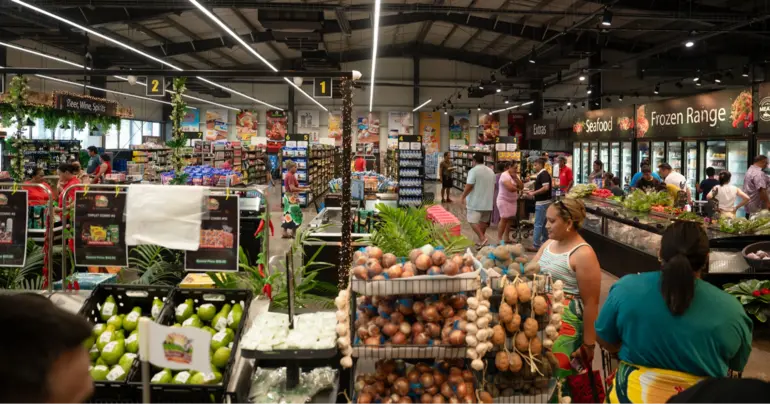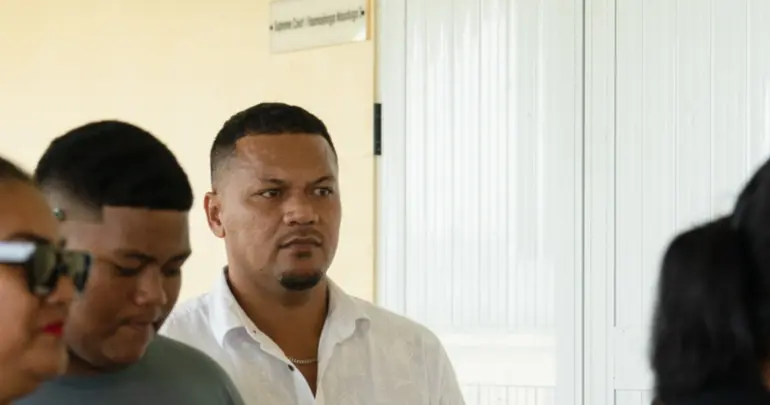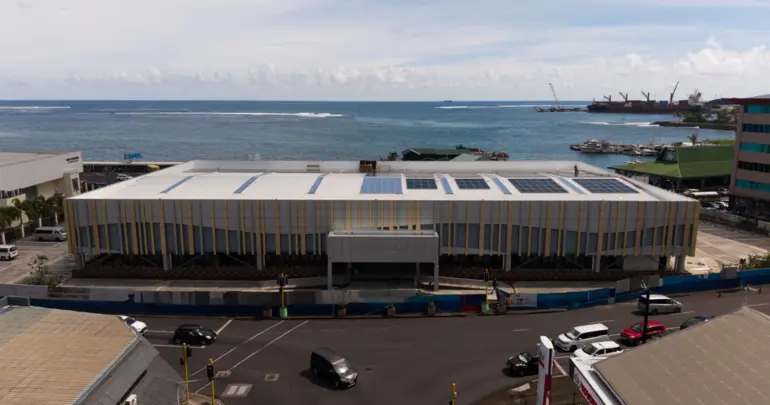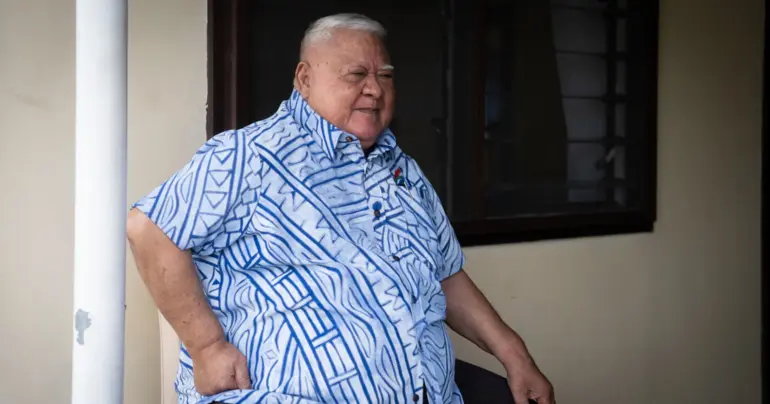Engage youth in domestic violence fight
A youth representative called on regional leaders, the European Union and the United Nations to listen and engage young Pacific islanders in eliminating violence against women and girls.
Betty Barka was a panelist at the EU-UN spotlight initiative at the Taumeasina Island Resort on Tuesday, where discussions were made on how to design the use of the 50 million euros (T$148 million) EU funding to eliminate violence against women and girls in the region.
“Approximately 60 percent of the Pacific population is young, and if we want any sustainable transformative change, they need to be a part of the process from the very beginning,” Ms. Barka said.
“If we want this to happen, we need to be willing to take them on board as partners from the very beginning.
“If we are genuinely looking at young people as partners, we need to hold them accountable, we need to say ok we are going to hear your voices, we are going to be partners and we trust you to take this forward.”
She said young Pacific islanders have been more than engaged in political and social processes in the region.
“So we know that with or without resources they are engaged and they are agents of change, it’s about supporting them in their formal and informal network to continue the incredible work they do,” Ms. Barka said.
“It’s important to get young people to think solutions. It’s important for us to hear what they think are solutions. We already know the power of young people in the region.
“We know that they are an important constituency for engagement, but we need to be pragmatic about how we engage them. We really need to think that this is going to work.
“There have been initiatives, there have been lessons learned, there have been practices that we can replicate and make better. It’s about taking a proactive approach.”
Another panelist, Ofa Ki Levuka Guttenbeil Likiliki, who is the director of the Tonga women and children’s crisis center, said listening to the voice of survivors is important.
“When we listen actively to the story of the survivor, you not only hear the problem, root causes, you will also see the gaps, like access to justice etc.”











